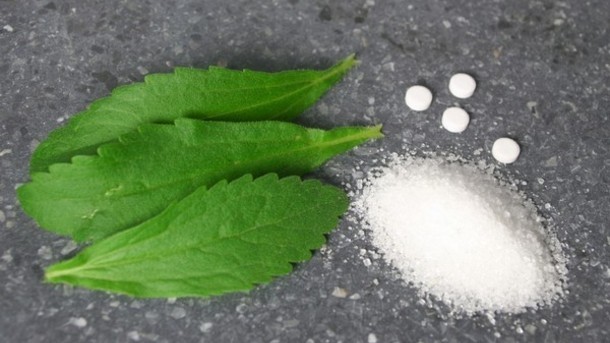Reformulation of carbonated drinks could slash more than 6,000 calories per year

If manufacturers were to reformulate around one fifth of carbonated drinks to contain less sugar using stevia, it can be estimated that consumers could achieve an annual reduction of between 6,000 and 10,000 kcal per person.
Euromonitor International has estimated that if full-sugar carbonates were reformulated to contain stevia and hence saw a 30% calorie reduction, a 330ml can of cola carbonates, which contains 139kcal, could be reduced down to 97kcal.
If 20% of all regular carbonates were reformulated, a person who consumed two cans per day – an amount not wholly inconceivable – would see a reduction of 6,132 kcal annually.
If the proportion of sugar removed increased to 50%, which is now a clear opportunity due to recent innovations such as the steviol glycoside blend Reb X – developed through a partnership between PureCircle and The Coca-Cola Co (TCCC) – it would result in a calorie reduction of 10,147 kcal annually - based on the same one person consuming two cans per day.
Additionally, if 20% of conventional carbonates were repositioned as reduced-sugar carbonates, the latter could see consumption of almost 60 billion litres by 2017, representing equivalent to 34% of all carbonates in volume terms.
Why soft drinks?
Soft drinks are the most widely used vehicle for stevia, and the category offers the best opportunity for manufacturers to have an impact on an individual’s sugar intake and hence calorie intake; which is an area of high interest to consumers and manufacturers alike.
As reduced-sugar carbonates are the largest contributor to reduced-sugar soft drinks consumption, substituting standard carbonates for reduced-sugar versions is one of the most obvious ways for consumers to reduce their sugar intake.
Weight loss without changing dietary habits
Whilst this reduction alone might appear small and, singlehandedly, would not curb the growth in the overweight and obese population, it could still have an impact.
If, for example, the loose and highly debated formula of a calorie deficit of 3,500kcal is equivalent to a loss of 1lb in body weight per year, and 20% of full-sugar carbonates are reformulated, it could lead to a per capita weight loss of 1.7lb annually without any change in dietary habits.
When it comes to weight management, this is a proposition many consumers would be pleased to accept.
Focus on countries with high reduced-sugar soft drinks consumption
Top Five Markets for Per Capita Consumption of Reduced-Sugar Soft Drinks 2013.
However, demand for reduced-sugar soft drinks is not universal. Therefore, for manufacturers looking for potential opportunities to reformulate with stevia, the focus should be on markets with high consumption of reduced-sugar soft drink variants.
It is evident that, to some extent, this strategy has already been adopted by manufacturers, as TCCC has piloted its first stevia-sweetened Coca-Cola, Coca-Cola Life, in Argentina, the top market for reduced-sugar soft drinks, in terms of per capita consumption.
There have also been recent developments in the US. In February 2014, Dr Pepper Snapple announced that it is going to launch stevia-sweetened variants of its 7-Up, Dr Pepper and Canada Dry brands in the US later in the year.
Reducing sugar intake can target the mass market
However, the recent concern from scientists and consumers over sugar demonstrates how a low-sugar diet is no longer limited to more health-conscious consumers, and hence stevia-sweetened beverages have the potential to target the mass market.
Indeed, a growing number of reports, both in the scientific press as well as the media, are now linking a high sugar diet not just to weight gain but also to the rapid growth of diet-related chronic diseases such as type 2 diabetes.
In early 2014, some protagonists went as far as to say that sugar can have the same dangers as tobacco.
Stevia is, therefore, set to gain further traction from the demise of sugar, and is almost becoming mainstream as manufacturers see the benefits in lowering the calorie content of a product whilst still retaining a 'natural' image.
Diana Cowland is Senior Health and Wellness Analyst at Euromonitor International.
This article has been modified after we mistakenly said the Reb X partnership was between Cargill and The Coca-Cola Co (TCCC). The partnership was between PureCircle.

























